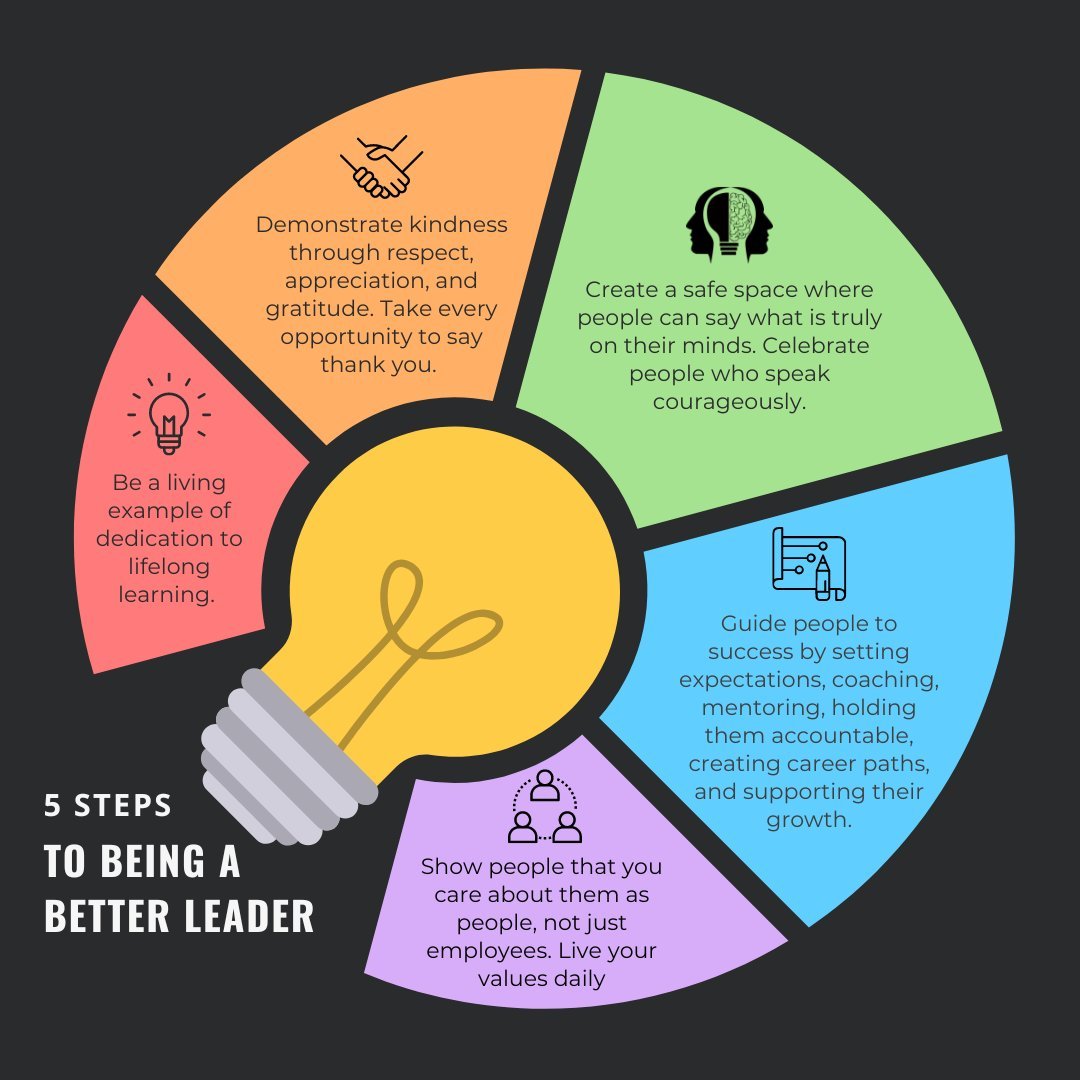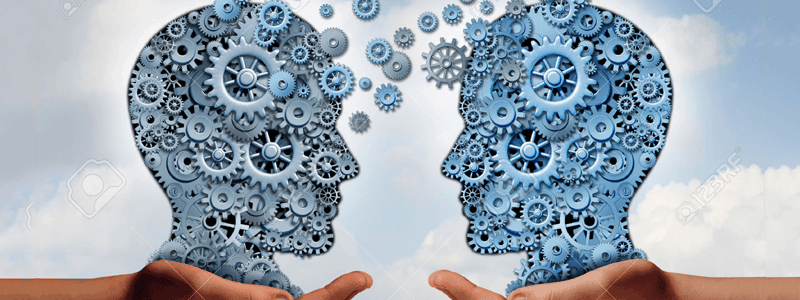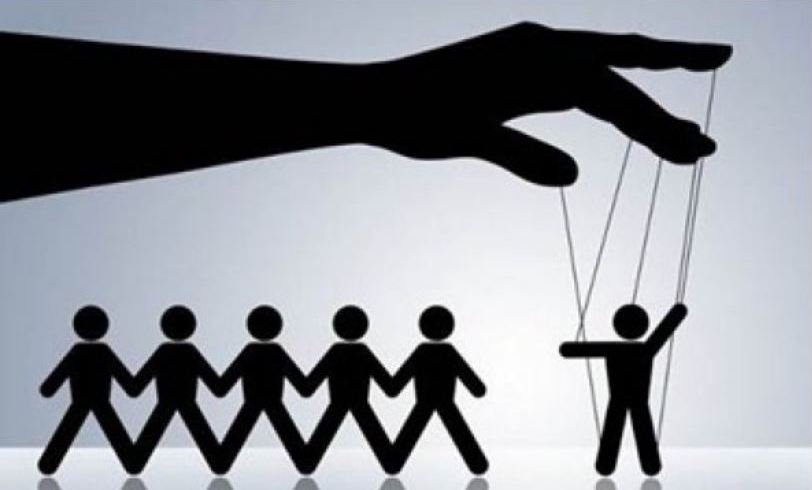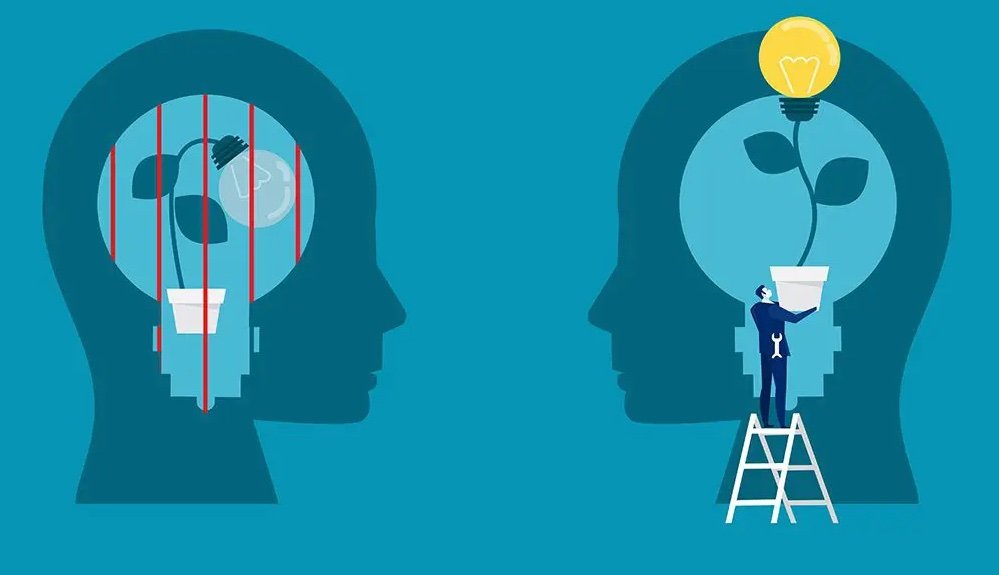What is the Triangle of Change?
The “Triangle of Change” is a framework that is often used to help understand and manage change in organisations or individuals and consists of three interconnected elements:
1. Leadership or Strategy:
This element involves the vision, mission, and direction of the change. It requires effective leadership, planning, and communication to ensure that the change is properly understood and supported by all stakeholders.
2. People or Culture:
This element involves the attitudes, behaviors, and skills of the people who are involved in the change. It requires a focus on engaging and empowering employees, building trust and collaboration, and addressing any resistance or challenges that may arise.
3. Processes or Systems:
This element involves the tools, methods, and procedures that are used to implement the change. It requires a focus on improving efficiency, effectiveness, and quality, while also ensuring that the change is sustainable and scalable over time.
The Triangle of Change is also known as the "Change Management Triangle" or the "McKinsey's Three Horizons of Growth". It recognises that all three elements are interconnected and that any change in one area will have an impact on the others. Therefore, successful change management requires a holistic and integrated approach that takes into account all three elements.
Stories are timeless
Stories have been around for thousands of years, way before humans had anything we had stories and that’s how we continue to see the world. Stories are the basic human technology which are shared through colours, feelings, and emotions. A story is not only a fairy tale. Ultimately stories are also about life and death, joy, suffering and status, and the way to get good at telling stories is by practicing. I think that storytelling connects the past to the present, allowing humans to conceptualise about historical and contemporary events.
With this gift
How can we change the stories we live and work by for the better?
You can’t give away everything to everyone nor can you be everything to everyone, but you can go into a community and be a part of it. When people get more value, they do more , pay more and give more in return. I think that when we figure out what a community values, show up, be present, participate, listen, and become a relevant member.
Allow yourself
I think that being empathetic towards someone doesn't necessarily mean that you agree with them. And intelligence is the ability to change your mind when presented with accurate information that contradicts your beliefs.
““People will forgive you for being wrong, but they will never forgive you for being right - especially if events prove you right while proving them wrong.””
Marketing for kind
Getty Images ©
I think that there are only two kinds of marketers:
1) Market chasers, and
2) Category creators
Which one are you?
Not all marketing is marketing for good. I belong to a community of marketers and change makers who believe that as most of the world’s problems depend for their resolution on forms of human cooperation, so we have a responsibility to better use marketing to create positive change. We partly do this by stepping out of our day jobs and upcycling our marketing skills in support of inspiring charities and social enterprises. We coach each other into becoming more purposeful and impactful marketers in the digital fireside. And we recognise that the systems that which we are a part of are themselves shaped by stories that we tell each other across society.
Tips on Thursday
Want business success?
It starts with quality people on your team. Incorporate these 5 principles into your leadership style to improve team performance and foster a positive work culture: Be kind, be competent, help people succeed, be authentic, and listen.
Get lucky
Lucky people generate their own good fortune via four basic principles. They are skilled at creating and noticing chance opportunities, make lucky decisions by listening to their intuition, create self-fulfilling prophesies via positive expectations, and adopt a resilient attitude that transforms bad luck into good. Here’s how luck will find you:
1. Work harder than expected
2. Stay teachable
3. Give without expecting a get
4. Read and write more
5. Show up on time
6. Focus on your customers
7. Develop good manners
8. Be humble
9. Be kind and generous
10. Surround yourself with smarter people
““Luck is what happens when preparation meets opportunity.””
Solid foundations
We all strive for success in our businesses, this becomes easier when we have a clear and well communicated vision, core values, and strategy that everyone in the organisation understands. Effective execution requires processes and procedures which are centred around the critical drivers of your business’ success. I think that focusing intently on these steps will significantly improve the internal accountability by measuring and being transparent about the key performance indicators that drive success. It’s a good idea to praise those who hold themselves accountable and deliver on their promises as this will accelerate the positive results for your business.
Mental skills can be trained
Once you realise that you have an emotional brain, a logical brain, and a memory then this will give you a new insight into yourself and clarify why you behave and feel the way you do. Some of the assumptions you are making about other people, perhaps you should start by looking at yourself. Try asking yourself these questions:
· Why do I feel the way I am feeling?
· What triggers me and why do I respond the way I do?
· What does my best self, look like and why can’t I be this way all the time?
· Why am I feeling like my shadow self today?
Contact me via e-mail for a confidential 1:1 meeting.
Power starts from within
I Have Power
Power is joy
Power is love
Power is appreciation
Power is knowing
Power is clarity
Power is the universal energy that creates worlds flowing through my fingertips so I’ll like some of that, and I did that because I have power.
Acronyms help
The next time you have an important decision to make, try using this cool “B.R.A.I.N” acronym:
B: What are the Benefits?
R: What are the Risks?
A: What are my Alternatives?
I: What does my Intuition (heart) tell me?
N: What if I do Nothing?
Acting in a new way
We never know the truth of anything, what we know is the story we receive. We can tell a story or not, either way, there is going to be a story told. Marketing is the art of telling a story that you are proud to make true on behalf of someone who’s going to engage with you. I don’t think that marketing by its nature hurts society, in fact, I can think of many examples where it helps.
Here is a list of questions I will ask during the discovery phase:
· Who are your customers and what are their needs and expectations?
· How is your marketing strategy going to deliver on your business strategy?
· What unique value are you providing?
· How do you support it with content?
· How will you actively place your message in front of the right people?
· Why should anyone care or take notice?
· How do you communicate about your product and services?
· What is your customer journey?
· What data do you need to support your marketing?
· How can I help you improve?
Contact me via e-mail for a meeting about measuring and optimising your marketing performance?
A reduction in price
Human beings in general are allergic to change, regardless of whether it’s in their best interests. Strategic optimisation is more important than ever, especially in these turbulent times. The word, optimise is derived from the Latin word “optimus”, which simply means 'best.' Optimisation doesn't mean doing more for the sake of doing more, it means doing less, so what you do is full of care and attention. Strategies are designs based on the operating model, so when the operating model is outdated because of internal or external factors, execution will fail and not yield the desired results. Therefore, optimisation isn't the problem, we are. Two of my children have their birthday’s this week, so I am giving you or your organisation a gift. Contact me via e-mail for a free one-hour discovery session, use the discount code: “birthday”.
To do lists
I think that there are three types of tasks on your to-do list: have to, want to, and should do.
· Tasks you have to do pay the bills.
· Tasks you want to do feed your soul.
· Tasks you think you should do drain your energy.
A key to avoiding burnout is putting should do tasks on the back burner.
Divide and conquer
Problem solving is the process of identifying a problem, developing possible solution paths, and taking the appropriate course of action to solve the problem. Problem solving is an essential skill in both your personal and professional life. When framing a performance issues, I think it makes sense to break them down into smaller problems and ask yourself the following questions:
1. Is it a skill problem?
2. Is it a hill problem?
3. Is it a will problem?
Contact me via e-mail for problem solving training.
Unlocking internal barriers
Today is Monday, so I feel it necessary to write about mindset, motivation, and methods. Do you really want to know about these topics? There is a lot of sacrifice, especially at the beginning if we are going to achieve our goals. We can understand it intellectually, and then we need a system to act on what we know. Accountability feels like an attack when you’re not ready to acknowledge how your behaviour harms others. I have seen brilliant creative ideas die very quickly when they don’t have a proper execution structure behind them. Personally, I’m not impressed by vanity metrics, like likes and views. I think that we can only drive through effective campaign execution with thoughtful communication strategies and architectures.
More food for thought
Any relationship that doesn’t have trust isn’t going to work, and I mean neither romantic nor professional, as I think trust is the most important part of any relationship. When the economy breaks down, it usually breaks down because there’s no trust in the markets, for example, banks that think the economy is going bad don’t trust consumers and don’t loan money, and subsequently, consumers who don’t trust their economic futures will not go out and buy things. Corporations who don’t trust consumers to support them won’t make investments or hire anybody, and this breaks down an economy. It’s the same thing in relationships, if I don’t trust that you are going to love me back then why will I love you?
Making things better
What is marketing and what can we use it to achieve?
Marketing is about making things better by making better things. Marketing isn’t about hype; marketing isn’t about hustle and marketing isn’t about selfish short-term narcissists seeking to maximise profit in a misguided capitalistic sort of way. My mission is to continue narrating and guiding other people do the heavy lifting of persistently and consistently making things better. And because I am not shouting from the rooftops about what I am doing or how I helped this or that organisation, it appears that I don’t do anything. Metaphorically speaking, I know how to step by step put a stake in the ground, so they fit in an arc and not necessarily in perfect order.
What is the solution?
There is an illusion of inclusion, but in reality, we are all born into a world which is separated by class, religion, and race. Behaviour never stands still, it always getting better or always getting worse. I think the basic laws of behavioural psychology are as follows:
1. All behaviour is a function of the context that it takes place,
2. And then it is the function of the consequences
““Above all else, focus on acquiring knowledge and skills. Knowledge and skills are like gold - a currency you will transform into something more valuable than you can imagine. With knowledge and skills, you will become a magnet for opportunities.””
Follow your nose
I have a beautiful life today because I have chosen to put giving in front of getting, and weirdly the more I give the more I get. A massive part of my work is to help people re-connect to who they are given the life they’ve built, and that’s about authenticity. Being true to who you are, dropping the mask, not listening to that external criticism. Our culture teaches us to grab, grasp, get and compete, that’s all fear-based stuff. I have made giving my number one priority and the more I have given to life the more it has given to me. If you trust that life will give you what we need, I recommend that you focus on giving.





















